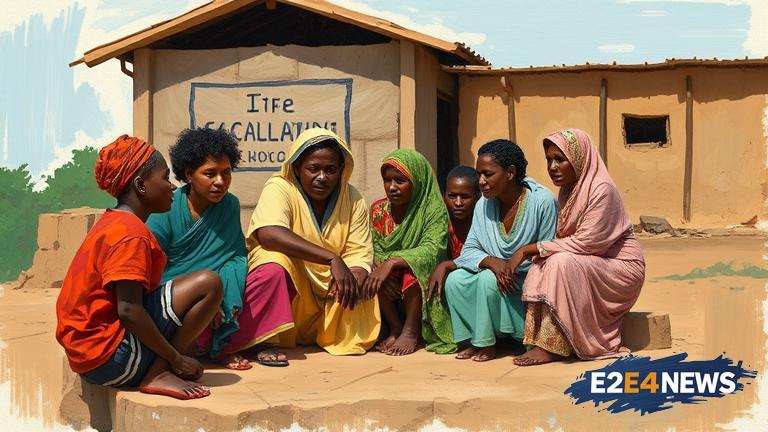In a recent statement, Dr. Omane Boamah, a renowned expert in peacebuilding and conflict resolution, stressed the significance of adopting a bottom-up approach to peacebuilding. According to Dr. Boamah, traditional top-down methods have often failed to yield lasting results, and it is time to shift the focus towards empowering local communities to take ownership of their peacebuilding processes. This approach, he argues, is more likely to lead to sustainable and inclusive peace. By involving local stakeholders and community leaders in the peacebuilding process, their unique perspectives and needs can be taken into account, resulting in more effective and targeted interventions. Dr. Boamah’s comments come at a time when many countries, including Ghana, are grappling with the challenges of building and maintaining peace. The importance of peacebuilding cannot be overstated, as it is essential for promoting economic development, social cohesion, and human security. However, despite the best efforts of international organizations and governments, many peacebuilding initiatives have failed to achieve their intended goals. Dr. Boamah attributes this to the lack of local ownership and the failure to address the root causes of conflict. He emphasizes that peacebuilding must be a participatory and inclusive process, involving all stakeholders, including women, youth, and marginalized groups. By doing so, peacebuilding initiatives can tap into the knowledge, skills, and resources of local communities, leading to more sustainable and effective outcomes. Furthermore, Dr. Boamah highlights the need for peacebuilding initiatives to be context-specific, taking into account the unique cultural, social, and economic characteristics of each community. This requires a deep understanding of the local context and a willingness to adapt and evolve over time. In addition, Dr. Boamah stresses the importance of building trust and credibility with local communities, which is essential for establishing effective partnerships and ensuring the success of peacebuilding initiatives. He also emphasizes the need for peacebuilding initiatives to be grounded in a thorough understanding of the root causes of conflict, including poverty, inequality, and social injustice. By addressing these underlying issues, peacebuilding initiatives can help to create a more just and equitable society, reducing the likelihood of future conflicts. Dr. Boamah’s comments have been welcomed by many in the peacebuilding community, who recognize the need for a more nuanced and context-specific approach to peacebuilding. His emphasis on local ownership and community-driven initiatives has resonated with many, who see this as a key factor in achieving sustainable peace. As the international community continues to grapple with the challenges of peacebuilding, Dr. Boamah’s words serve as a timely reminder of the importance of empowering local communities and adopting a bottom-up approach to peacebuilding. By doing so, we can help to create a more peaceful and just world, where all individuals can thrive and reach their full potential. The implications of Dr. Boamah’s comments are far-reaching, and his ideas have the potential to inform and shape the peacebuilding agenda for years to come. As we move forward, it is essential that we prioritize local ownership and community-driven initiatives, recognizing the critical role that these play in achieving sustainable peace. Ultimately, the success of peacebuilding initiatives will depend on our ability to empower local communities and support their efforts to build a more just and peaceful society.
